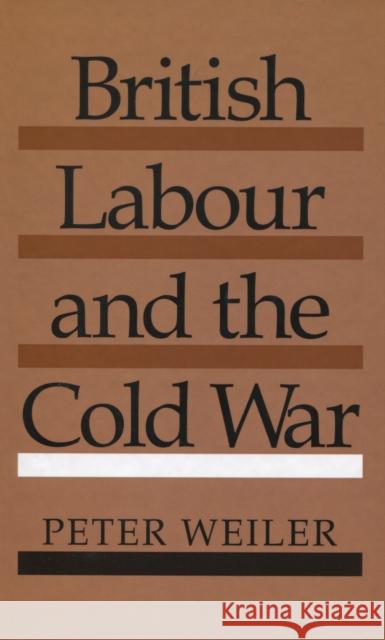British Labour and the Cold War » książka
British Labour and the Cold War
ISBN-13: 9780804714648 / Angielski / Twarda / 1988 / 448 str.
A critical examination of the labour government and trades Union Congress in the immediate postwar period, this book argues that the Cold War was not just a traditional conflict between states but also an attempt to contain the growth of radical working-class movements at home and abroad. These radical movements, stimulated by the Second World War and its aftermath, seemed to policymakers within the Labour Party and the TUC to threaten British interests. The author contends that the Labour government never seriously considered following a socialist foreign policy, but instead sought to shape political developments throughout the world in ways most conductive to maintaining Britain's traditional economic and imperial interests. The government was able to follow established policies abroad and increasingly at home at least in part because British trade union leaders supported its attempts to prevent radicals and communists from coming to power in trade union movements inside Britain and throughout the world. In so doing, the trade union movement significantly extended its links with the state, in particular by cooperating with it in the sphere of foreign and colonial labour policy.











